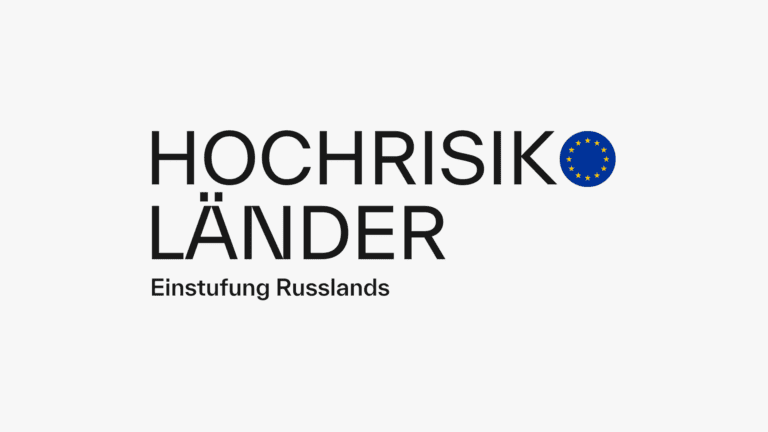Published in the Official Journal of the EU on 10 November 2023
Politically Exposed Persons and Enhanced Due Diligence
A politically exposed person (PEP) is someone who currently holds or has held a prominent public office at the international, European, or national level (as defined in § 1 para. 12 sentence 1 of the German Money Laundering Act – GwG). Due to their influence and position, PEPs are considered higher risk for money laundering or predicate offences. If a contracting party or beneficial owner is identified as a PEP, enhanced due diligence (EDD) must be applied. This also applies if the person is a family member (e.g., spouse, parent, or child) or a known close associate of a PEP.
The GwG already includes a list of functions that may indicate PEP status (§ 1 para. 12 sentence 2 no. 1 GwG). However, this list left room for interpretation and lacked clear guidance on which positions should definitively qualify. On 10 November 2023, the European Commission published an official list specifying which functions under national law are to be considered “prominent public functions” (“PEP list”).
For obliged entities, this means: If a contracting party or beneficial owner performs a function listed for a Member State, they must be treated as a PEP (§ 1 para. 12 sentence 2 no. 2 GwG). The list is therefore binding and must be taken into account.
Greater Clarity for Specific Functions
The new PEP list offers much-needed clarification in several areas. In Germany, for example, it specifies that members of supreme courts whose decisions are typically not appealable qualify as PEPs (e.g., judges at the Federal Supreme Courts, but not judges at Higher Regional Courts).
It also narrows the definition of PEPs in the context of board members of state-owned enterprises: such individuals are only PEPs if the company regularly employs more than 2,000 staff or has total assets exceeding €3 billion.
Cross-country Differences
The list also establishes which roles must be considered PEPs in other Member States. Differences are immediately apparent — for instance, mayors of certain Italian cities are classified as PEPs, whereas this does not apply to mayors in Germany.
Important: All functions listed in the EU PEP list must be considered by obliged entities under the GwG.
Remaining Uncertainties
Despite increased clarity, some ambiguities remain. In Germany, for example, it’s still unclear whether federal executive board members of minor political parties qualify as PEPs.
Also problematic: the treatment of individuals holding roles in other Member States that are not included in the PEP list but might still fall under the general GwG categories (e.g., § 1 para. 12 sentence 2 no. 1). One example is a board member of the Dutch state railway company—not listed in the PEP list, but potentially qualifying under German law.
Thus, individual assessments will still be necessary, even with the existence of the new list.
For further insights and limitations of the new EU PEP list, see the detailed article:“Die neue europäische PEP-Liste und ihre Bedeutung für das Geldwäschegesetz”by Dr. Lars Haffke, Geldwäsche & Recht (GWuR) 2024, p. 5ff.



